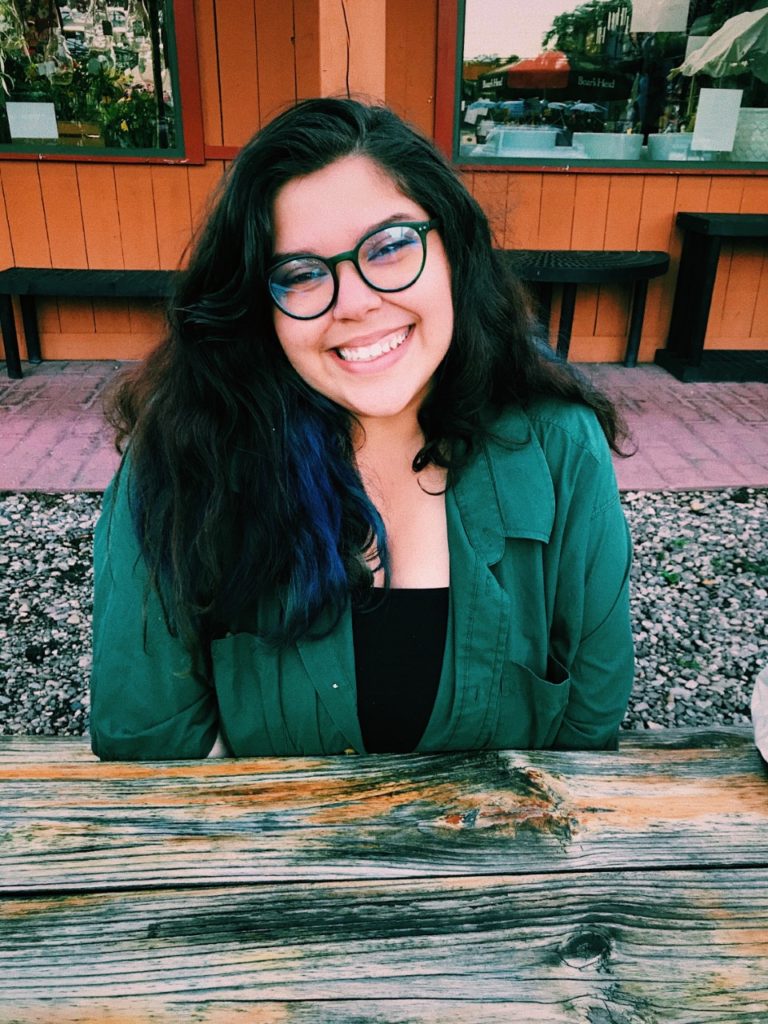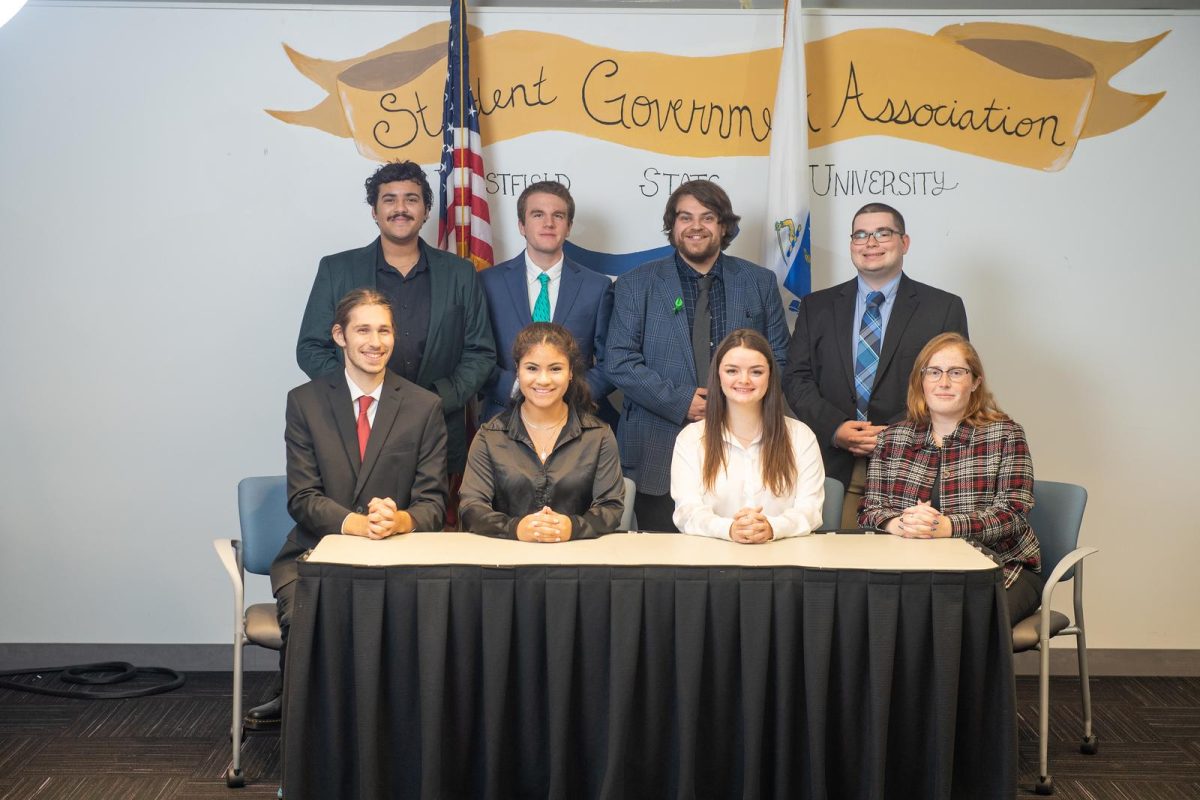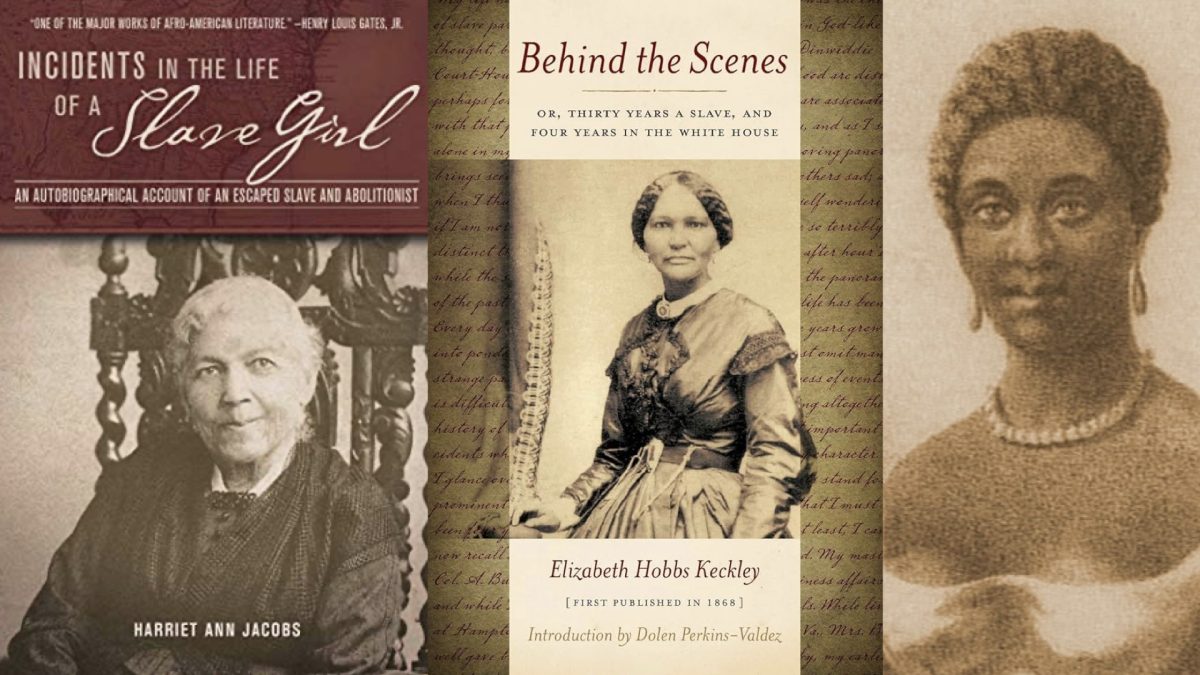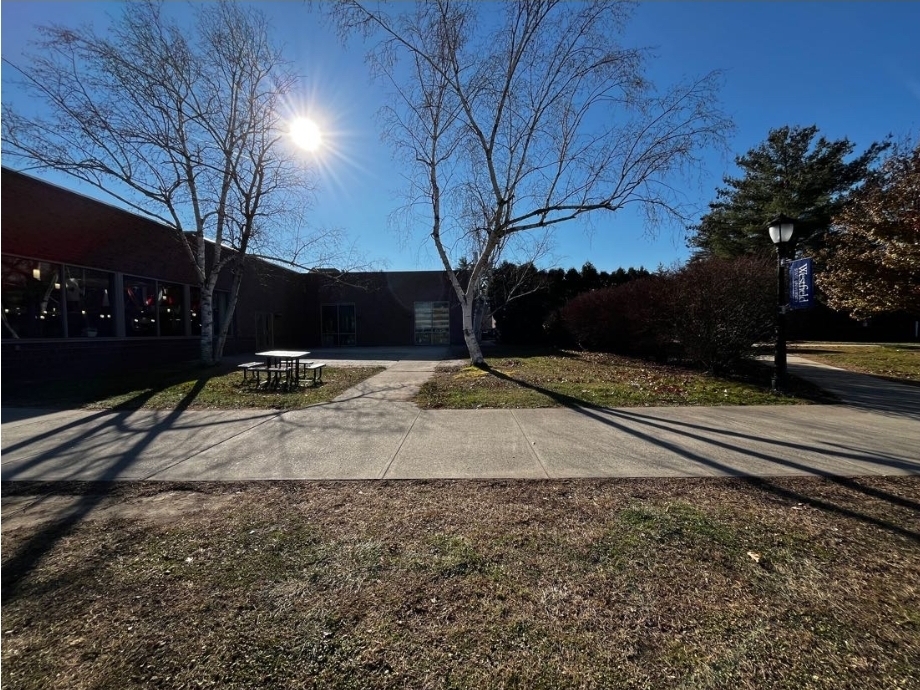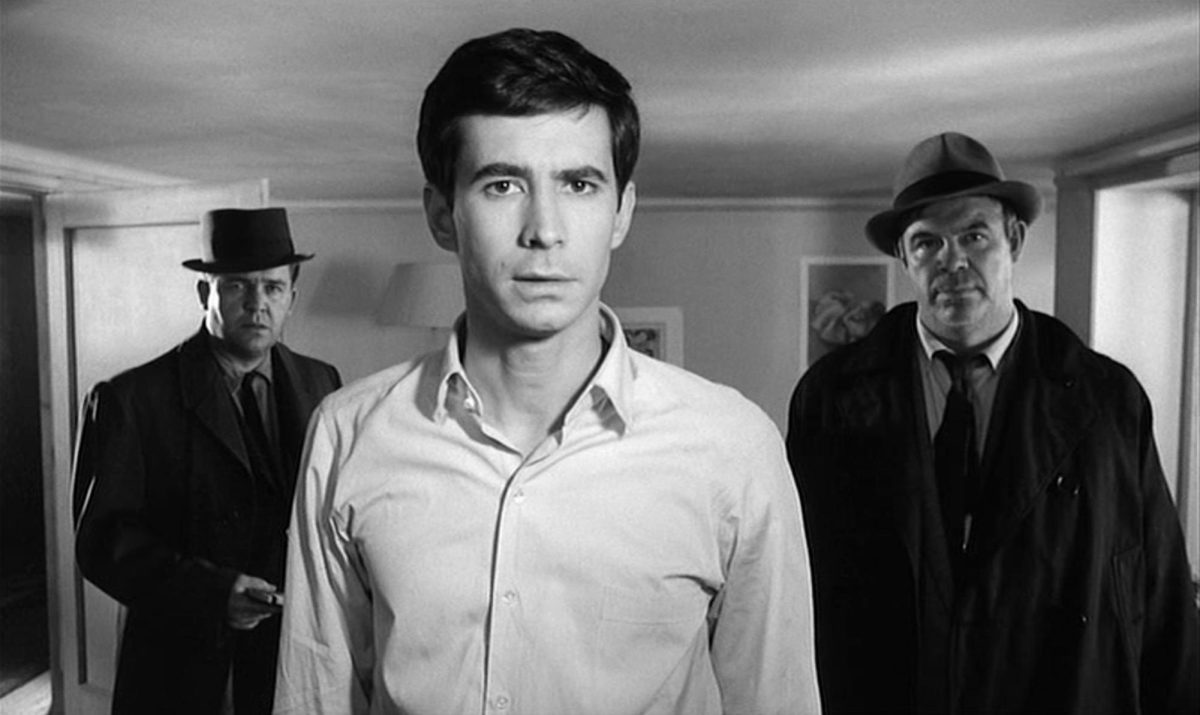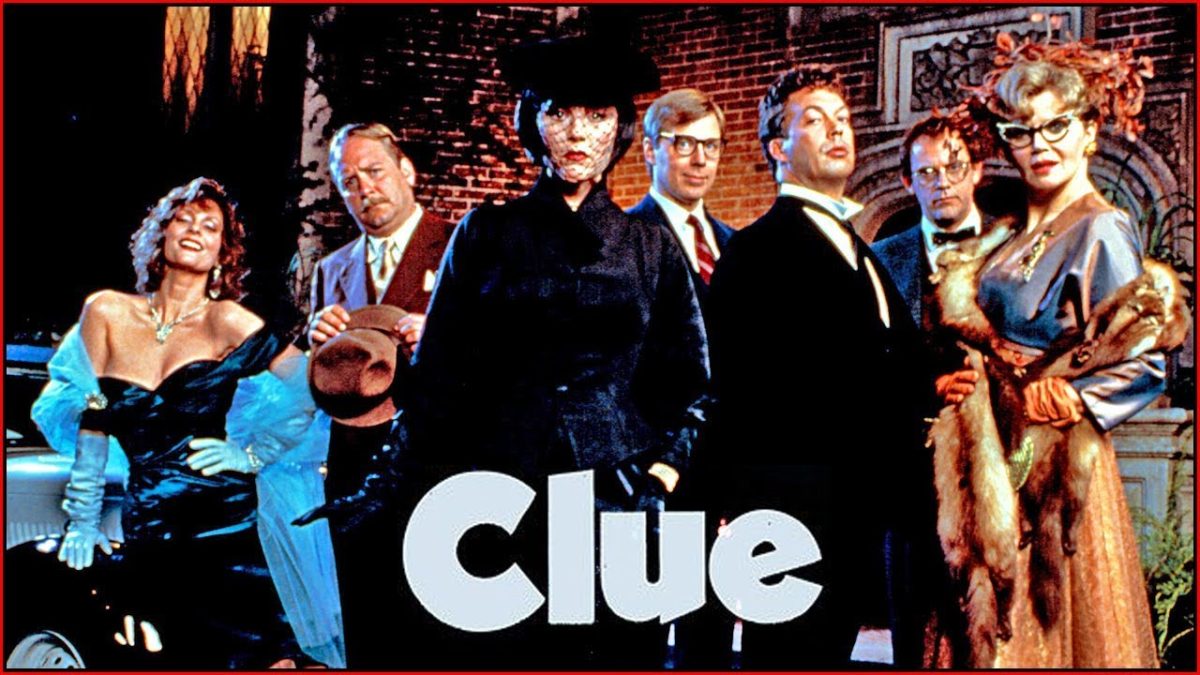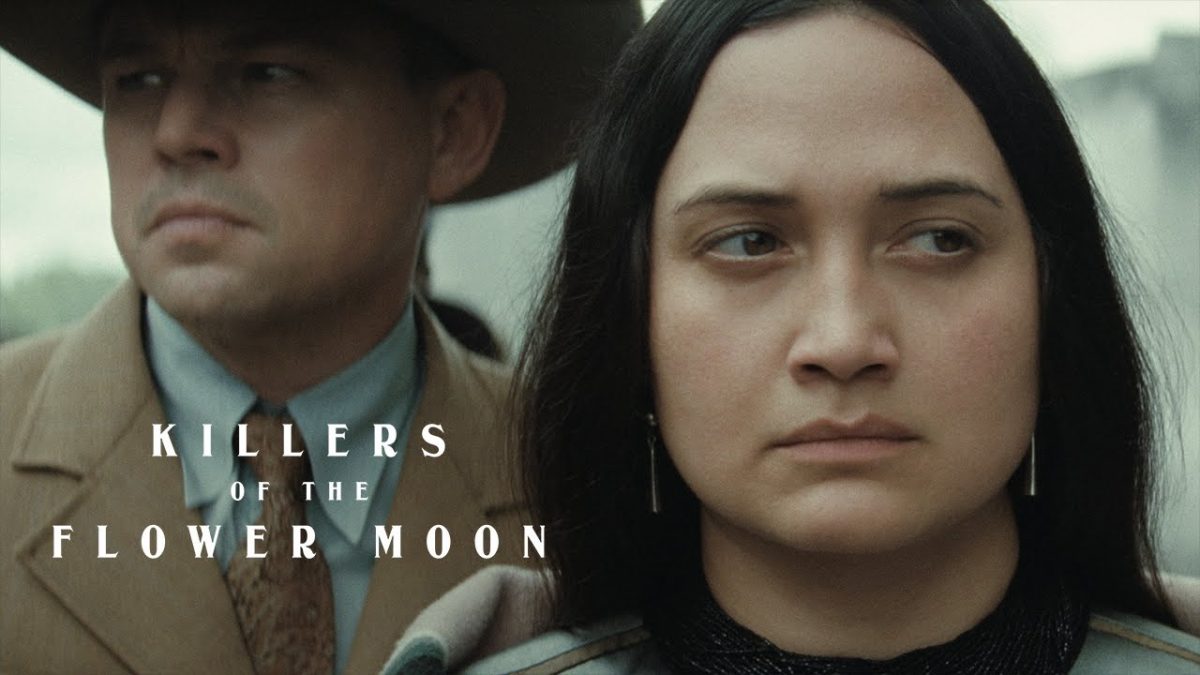Angelique Rodriguez is a 22-year-old queer woman at Westfield State University. She is a Liberal Arts major with concentrations in education, music, and ethnic and gender studies and is planning to graduate this coming fall. Angie originally started as a Music Education Major, but found that she did not have a place in that department. She chose to follow her passion for equity and social justice so that she did not come to hate the music that had been so soothing for her. Angie has worked for Student Activities for the past four years helping out with orientation, but in the last year, she has become an assistant programmer.
Before college, Angie was raised in Hudson, Massachusetts, and raised here until eighth grade (about 2014). That year her uncle took his own life devastating her father’s family. Her family had a history of substance abuse and other various mental health issues. Her father – a Puerto Rican and Dominican man – felt that it was necessary to be with his family, and so they moved to Florida.
Angie is a Hispanic and White woman, so she was the minority in Massachusetts and felt it. There were parts of her culture that her friends did not understand as she was growing up. It wasn’t just her ethnicity either; her family was poor. She was bullied and called slurs. She would straighten her hair every day, speak “proper” English, and dress in a certain way: essentially she would code-switch. Angie never learned Spanish, but she had heard her father and grandmother speaking Spanish growing up. So, when she moved to Florida and she was no longer the minority Angie felt at odds. It was jarring. Her world was turned on its head practically overnight. One day she was bullied for being different than everyone else and the next she was everyone else.
Florida was unlike anything she had ever experienced. She found that the tiny things she’d been insecure about in Massachusetts were normal. Her new school had uniforms, so there was no concern about dressing a particular way. She wasn’t embarrassed to have friends over because they had nicer homes.
“If it’s not about having the newest Northface, then what is it about?”
But, it wasn’t always perfect. Angie had moments where she did not feel Latin enough nor white enough to fit in. She didn’t speak Spanish fluently and found that she was more white passing than she had believed when she lived in Hudson. It was all a matter of perspective and in Florida, it didn’t matter what she looked like, but rather it was about who she was.
Her uncle’s death as tragic and saddening as it was brought Angie a new hope. His death allowed her to be able to accept that she was biracial. She was able to embrace her culture and her family in a way that had not existed up north. Her socioeconomic status was no longer a target either. She was one of twenty “Rodriguez’s”.
Not only did she get the chance to accept her biracial identity, but she also got the chance to meet some amazing teachers who helped her find her passion for music. She was taught to play piano and to sing and to work in the performing arts. This passion became a coping mechanism for Angie. It gave her a better understanding and expression of herself and her emotions. It gave her a community of support and commonality. It gave her confidence that she could do something well. She didn’t have another outlet to show her feelings to it became a form of freedom.
Her music teachers supported and encouraged Angie throughout her high school career. They inspired her to go to college to become a music teacher. That cultivated confidence helped drive Angie to move back to Massachusetts once COVID-19 began to settle down a bit. She left her family behind in pursuit of an education that she could call her own. As a financially independent first-generation student, she hasn’t had the easiest time getting through school, especially because it will take her longer than other students. But, she relieves her stress with music, painting, and cooking, and often spends time in Grandmother’s Garden here in Westfield.





















